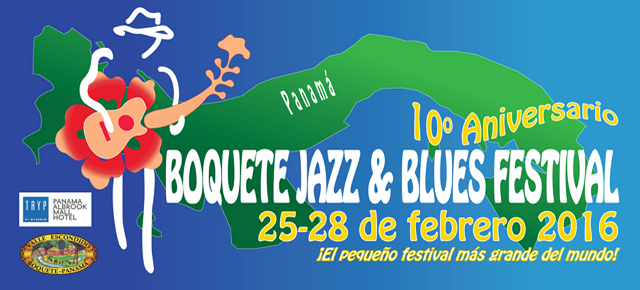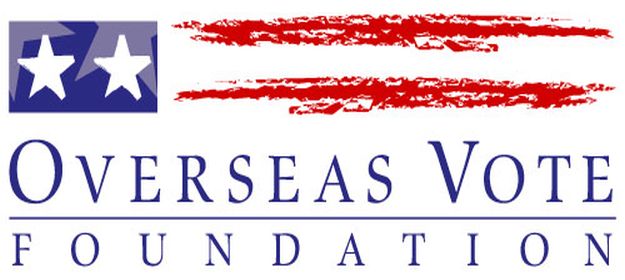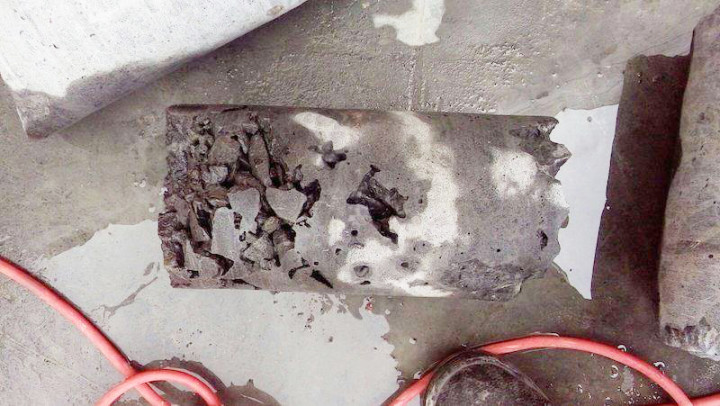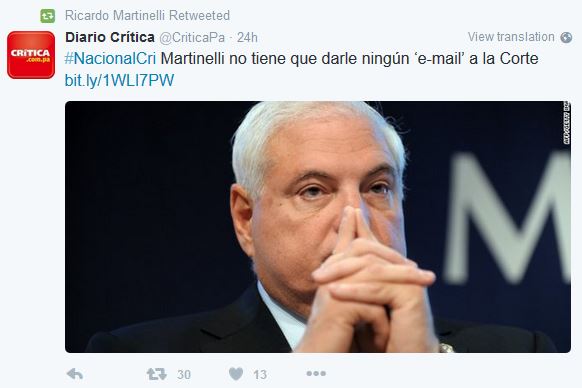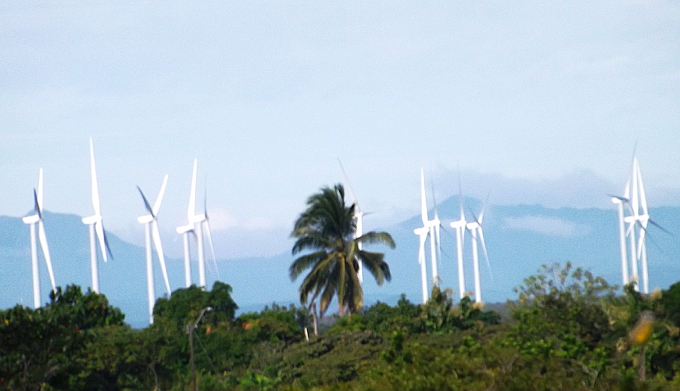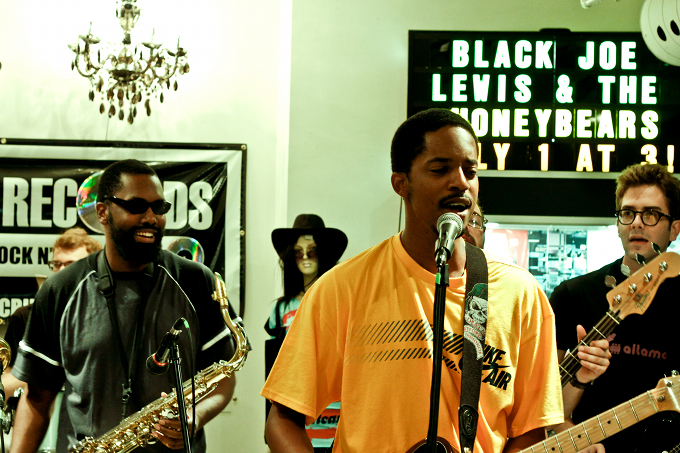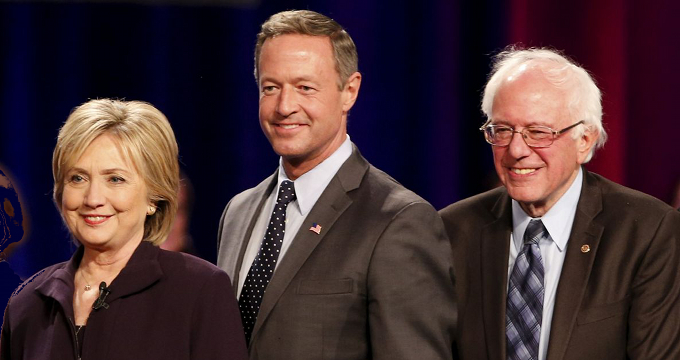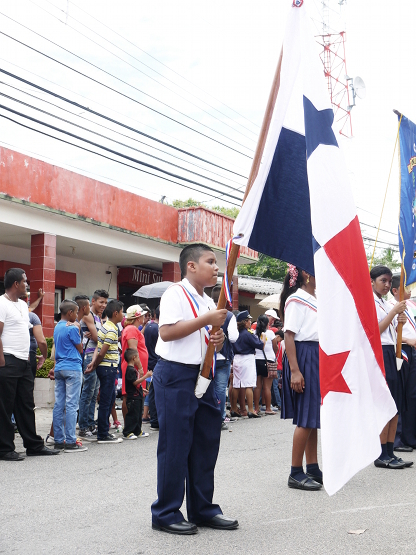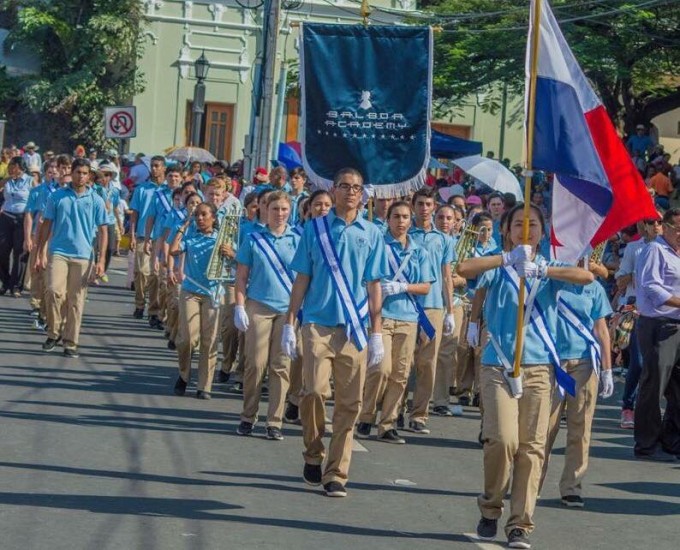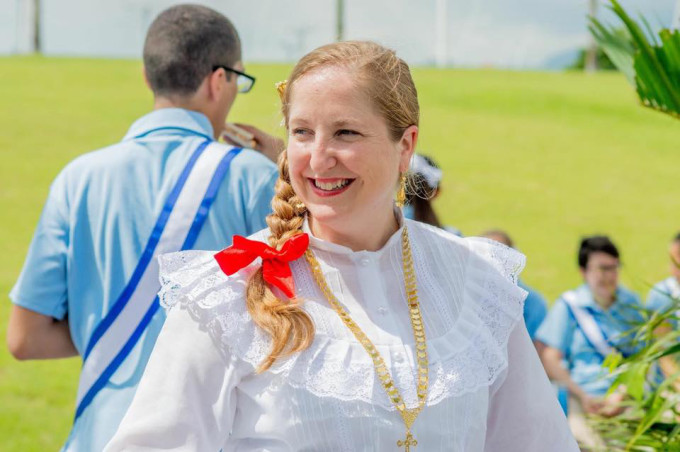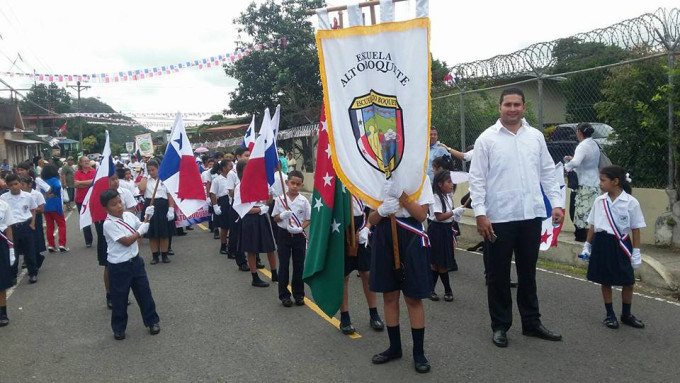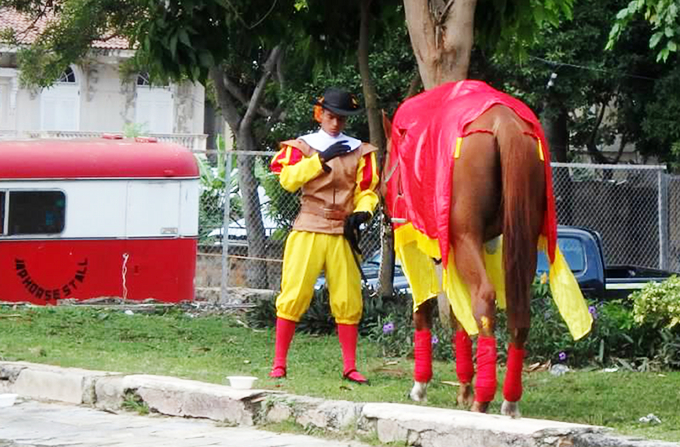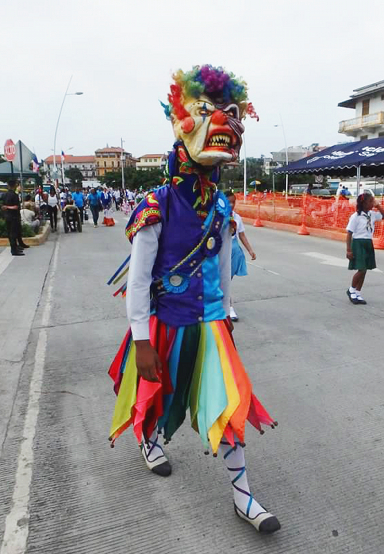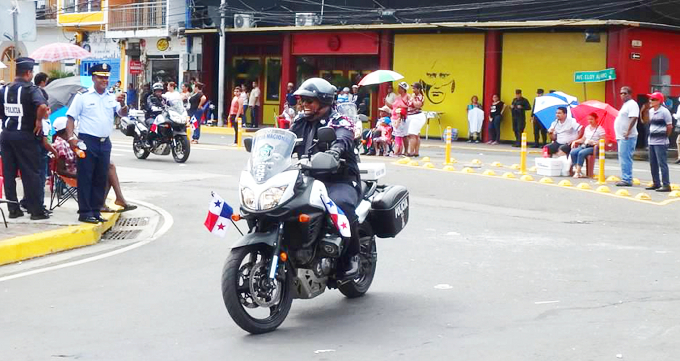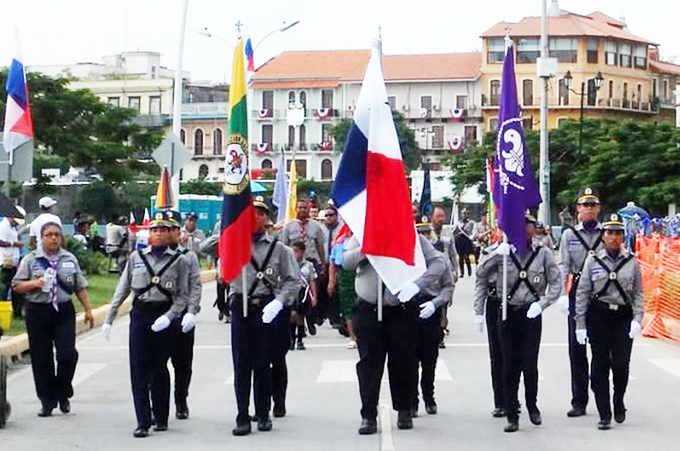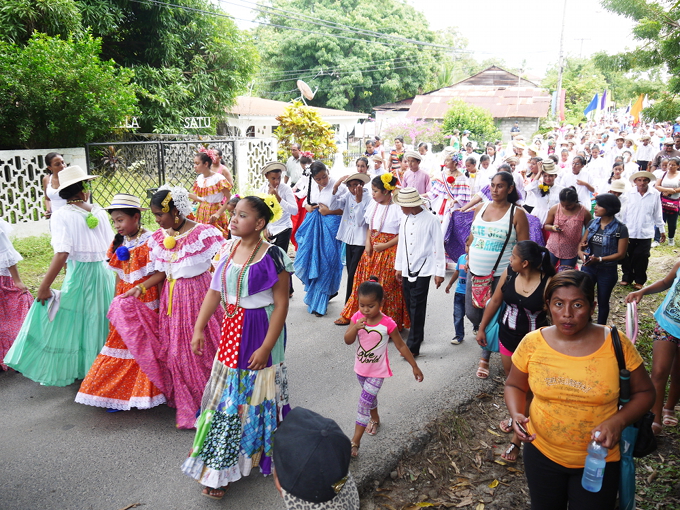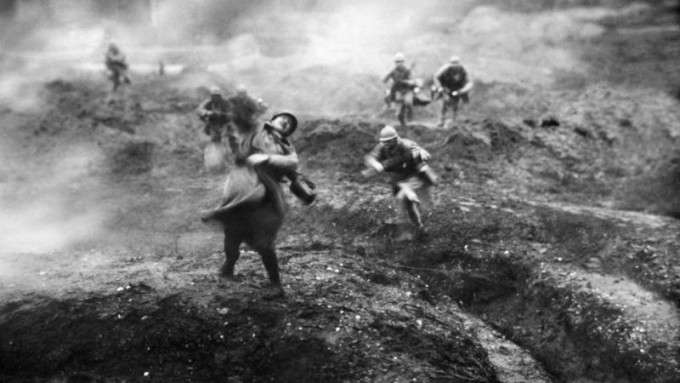 Tercera Guerra Mundial –por etapas
Tercera Guerra Mundial –por etapas
por Kevin Harrington-Shelton
If ye break faith with us who die
We shall not sleep
Though poppies grow
In Flanders fields.
Lt. Col. John McCrae (1872-1918)
Cada año, a las 11 de la mañana del día once del onceavo mes, el mundo anglosajón conmemora el Armisticio que puso fin a la Primera Guerra Mundial que —pese a esfuerzos del papa Benedicto XV— acabó causando la muerte a más de 16 millones de seres humanos. Precisamente a dicha hora todos los combatientes cesaron hostilidades. Se observa de diversas maneras. Desde 1919 en el Reino Unido en “El Día de la Amapola” los medios muestran al monarca colocando una ofrenda floral en mero centro gubernamental de Londres, sobre una tumba-vacía, en recuerdo de caídos colocados en fosas comunes en toda la campiña europea. Similar agradecimiento a una juventud ofrendada a la Patria se conmemora en el resto de la Mancomunidad Británica. Y también en los Estados Unidos por diversas organizaciones de veteranos, pero quizás el más singular –y menos conocido– tiene lugar en Phoenix, donde los rayos de sol pasan por orificios en 5 pilares en representación de sus cuerpos de armas, para iluminar precisamente en dicho momento el escudo nacional.
La conmemoración es sinónimo de patriotismo entre pueblos flemáticos en mayor o menor grado (salvo sus hooligans). Varias semanas antes de la fecha florecen casi universalmente en sus solapas amapolas-rojas, emblemáticos del poema sobre lo que el médico-militar canadiense McCrae observó: que re-aparecían abonados por sepulturas en praderas de Flandes (Bélgica). Fenómeno que primero se notó tras las campañas napoleónicas del siglo anterior.
Por su ubicación geográfica, Bélgica ha sufrido el tránsito de diversas guerras europeas. Simbólicamente, Bélgica alberga hoy la sede de la Unión Europea. No fue excepción esta Gran Guerra (“La guerra para acabar con las guerras” –H.G. Wells), que en perspectiva el marco para la descomposición europea que hasta devenir en nuestros días en lo que el Papa Francisco describió en La Habana (2015), como “la tercera guerra mundial por etapas“. La actual situación europea impacta el progresivo desmoronamiento del Sacro Imperio Romano, bajo el que el continente compartía una concepción similar sobre cultura, religión y gobierno. Complicado por un materialismo acelerado por una revolución industrial, de tan corta data, que no se ha acabado de absorber con madurez. Y con medios co-optados por políticos y comerciantes, demasiado alejados del bien-común que requiere de una ciudadanía los suficientemente informada para poder razonar sobre sus problemas cuerdamente. La propaganda tuvo un papel preponderante en esa carnicería.
Esa fue una de las lecciones de la Primera Guerra Mundial. En su trascendental obra “Los cañones de agosto”, la historiadora Barbara Tuchman mencionó la mendacidad de estadistas y diplomáticos como otra causa (esto cuando Viet Nam, cuando esa enfermedad era epidémica). El magnicidio en Sarajevo y la invasión alemana de Bélgica sin duda engatillaron la Gran Guerra —pero el conflicto tuvo además otros antecedentes que los pone todos en perspectiva.
La neutralidad de Bélgica había sido garantizada por el imperio inglés. Desde la Guerra de los 100 Años (1453) Inglaterra se convenció del balance de poderes en el Continente como la clave para su propia seguridad insular. Para 1871, el exitoso sitio por hambre a París había convencido al Reino Unido que el agresivo Kaiserreich alemán tenía una fuerte probabilidad de dominar Europa. Estableció alianza con su tradicional contrincante, tocándole a Francia concentrar su flota en el Mediterráneo, a cambio que Londres protegiera su flanco nor-occidental en el Mar del Norte. En esta estrategia Inglaterra también garantizaría la neutralidad de Bélgica. En 1914, buscando una guerra-relámpago contra Francia, el alto-comando alemán se corrió el albur que el Reino Unido no cumpliría su palabra. Los británicos razonaron –correctamente– que la confiabilidad de sus convenios constituía la piedra angular de cualquier orden futuro, y contra-atacaron.
El Reino Unido tenía además otras consideraciones. Su próspero imperio –el más rico de entonces– ya mostraba señales de resquebrajamiento interno. En casa, la crisis y tentativa de diluir la Cámara de los Lóres mediante la creación de nuevos pares (1909), reformas sociales radicales para su época (1909) y particularmente el sangriento sofocamiento en Tonypandy (Gales) por el propio ejército inglés (1910) refleja una enorme disparidad en la distribución de las riquezas e indician serios problemas de raíz que fueron simplemente pospuestos por la distracción de la Gran Guerra. Además tenía talones de Aquiles en la India e Irlanda. Para su guerra contra el reino Zulu en Natal (1906) ya Gandhi había comenzado a dar muestras de su liderazgo del nacionalismo indio expresado en resistencia pacífica resultaróa triunfante (1947). En Irlanda progresivas concesiones en derechos de conciencia (desde 1823) y de autonomía política aprobada en 1893 por la Cámara de los Comunes (pero vetadas por la Cámara de los Lóres), culminando en aproximaciones a los alemanes por sir Roger Casement (“El sueño del celta“) en 1912.
Casement resucitó en los militares británicos el fantasma de un ataque alemán por la retaguardia. Sus planes defensivos suponían siempre que su dominio del mar prevendrían cualquier peligro desde el oeste, y se porfiaban del “Plan von Shlieffenstein” que proyectaba una futura guerra en dos frentes –Francia y Rusia– diseñado de antemano (1905) para materializar la pronosticado por el conde von Moltke “El Joven” (Febrero 1913), de que el futuro de Austria se decidiría en riberas del Sena, y no del río Bug (entre Polonia y Rusia). Estos señores de la guerra percibían por demás que se les cerraba rápidamente la ventana de oportunidad abierta por la pérdida de Rusia en su guerra con el Japón (1905) –por los adelantos tecnológicos logrados por el ejercito tsarista. Cultivaron al imperio turco-otomano (“El hombre enfermo de Europa”) por enamorar al mundo musulmán, por su entorno en el Mediterráneo. Tal actitud hegemónica tras el círculo de fierro que rodeaba al Kaiser era literalmente fascista (sin alusión alguna al Nazismo posterior), fusilando a 6 mil civiles durante su ocupación de Bélgica. Pero pese a todo esto, Alemania de entonces (también) era un país pujante, con prósperas clases medias y profesionales y el movimiento socialista más arraigado del mundo. Pero su mecanismo de decisión militar operaba bajo un control constitucional disfuncional. Y en garras de un complejo militar-industrial al servicio de un monarca ligeramente inestable: al kaiser Wilhelm II le irritaba que sus primos el rey Jorge V y el tsar Nicolás le adversaran –aún después que él les hubiera declarado la guerra a ellos.
Al aprovechar las candilejas de los medios internacionales en su arribo a La Habana, el Papa Francisco sin duda nota algunas de similares tendencias en tantas manifestaciones de violencia injustificada alrededor del mundo en el día de hoy. Su Santidad sin duda seguirá la tónica de Benedicto XV, a quien la derrotada Turquía erigió una estatua (poco usual, en un país musulmán), con una placa al pie que le alababa “como un benefactor de toda la gente, sin importar su nación o credo“.
~ ~ ~
Estos anuncios son interactivos. Toque en ellos para seguir a las páginas de web

